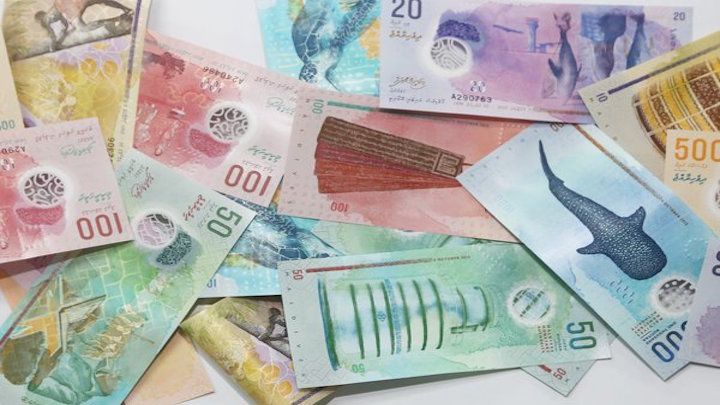Maldives falls in Corruption Perception Index
The Maldives is ranked 124 out of 180 countries.

29 Jan 2019, 09:00
The Maldives has fallen on Transparency International’s annual Corruption Perception Index for the third consecutive year, ranking 124 out of 180 countries.
Published Tuesday, the CPI ranks countries by their perceived level of public sector corruption using a scale of zero to 100, where zero is highly corrupt and 100 is very clean. With a low score of 31, the Maldives is among two-third of countries to score below 50.
The local chapter of Transparency International called the Maldives’ 2018 score “a stark reminder of the eroding democratic institutions and the unchecked level of grand corruption.”
The gradual deterioration of fundamental freedoms and rights during former president Abdulla Yameen’s five-year term paved “a smooth path for unchecked corruption and abuse of power,” it added, whilst restrictions of freedom of expression and media freedom, “coupled with weak and politically compromised institutions including the Parliament and the Judiciary, has allowed for corruption to flourish.”
Become a member
Get full access to our archive and personalise your experience.
Already a member?
Discussion
No comments yet. Be the first to share your thoughts!
No comments yet. Be the first to join the conversation!
Join the Conversation
Sign in to share your thoughts under an alias and take part in the discussion. Independent journalism thrives on open, respectful debate — your voice matters.




